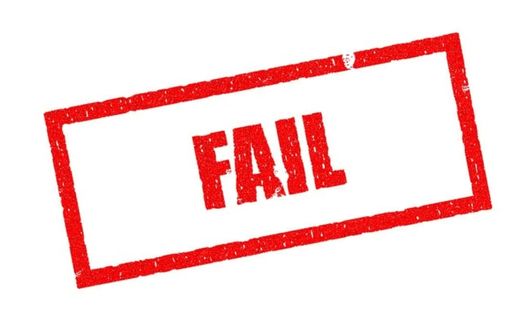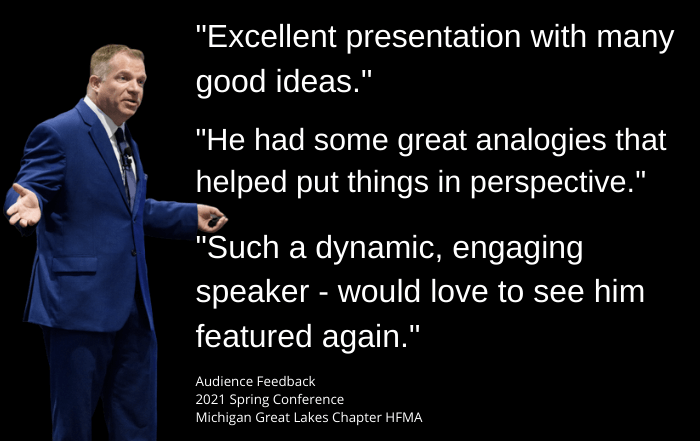 Sometimes future success comes when you learn from failure. Often successful people don’t get it right all the time.
Sometimes future success comes when you learn from failure. Often successful people don’t get it right all the time.
Yet we may believe one failure defines you forever. What if failure was more like the starting line for future success?
Like many, I enjoy watching the highlights from the NCAA Basketball Tournament. It’s fun to see upsets, where a highly ranked team loses to what many believed was an inferior squad.
When the game ends, you see the disbelief and dejection on the faces of the losing players. It’s understandable but hopefully their coaches use this moment as an important life lesson about how you can learn from failure.
As someone who has enjoyed success and failure, here are some things to consider when things don’t go your way.
Not as Good as You Thought
It’s possible to be good at something but not as good as you should be, on a particular day. Performance failures are often rooted in one of several reasons:
- You’ve fallen behind in your knowledge.
- You underestimated the competition, which led you to not prepare well.
- You let things like distractions at work or poor sleep habits, limit your focus and potential, at a time when you needed to be at your best.
- You’ve let standards fall and now the marketplace has turned elsewhere.
While the sting of defeat makes it hard to do, take some time to consider why things did not go your way. You’re not looking for convenient excuses. You’re searching for a tangible reason.
Become Humble
In business, people who are hungrier then you, love to see arrogance in the competition. Overconfidence may present a future opportunity to beat them. Because those who are really good sometimes stop trying to get better.
Understand that success often depends on a variety of factors, some of which are not in your control. Be humble when you experience success. You don’t want arrogance to provide the missing motivational ingredient to your competition.
And understand that your past success may have been rooted in luck.
Stop the Replays
As I mentioned, it’s good to find the reason why a situation didn’t go well. But don’t get caught in an endless loop of self-doubt.
Analyze the situation, learn what you can, make plans to improve, and then move on.
Start Your Comeback With Goals
To learn from failure, you need to have next steps planned out. Otherwise, you may encounter the same outcome in the future.
Much like the highly ranked basketball team that loses to a perceived inferior squad, there are lessons that can be learned from defeat. Those with the courage to focus on their shortcomings will likely improve.
Decide on some things you will do that can improve your performance. Make it a defined priority that has appropriate time scheduled for the effort. Vague improvement plans rarely produce anything other than future disappointment.






